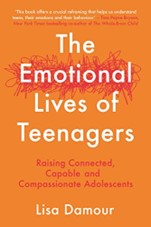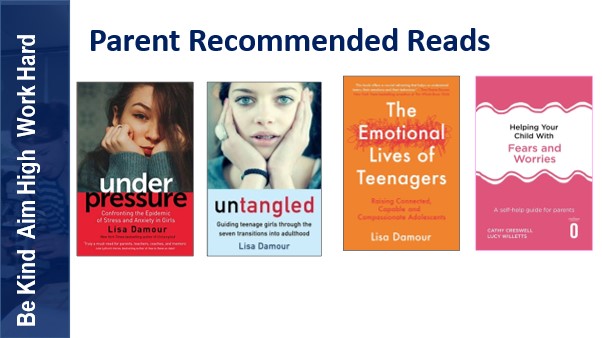We have made it past the halfway mark in January. Coming back to school on the 2nd January was certainly a shock to the system for many of us but we soon got back into the swing of things.
Year 11 have shown maturity and dedication throughout their PPEs and Year 10 were very impressive when they had their first ever taste of what a formal examination feels like as they dipped their toes into exams with their POR exam.
Examination periods can be a difficult time for students and their parents. If you have ever been to a parents’ information evening, you will have heard us share the following top tips for establishing good study habits.
- Home study environment – desk, chair, a quiet space.
- Support your child in working out a revision timetable.
- Break revision time into small chunks – hour long sessions with short breaks at the end of each session often work well.
- Make sure there are plenty of healthy snacks in the fridge and try to provide good, nutritious food at regular intervals.
- Make sure you encourage your child to still join family meals, even if it’s a busy revision day.
Alongside good study routines, it is important to take care of our mental and physical health during times of stress. During parents’ information evenings we regularly share advice from Lisa Damour, a new book was published earlier this year:

As always, she writes in a reassuring style and gives useful advice for both parents and teachers to navigate what can be turbulent teenage years. A wide range of topics are covered. My key takeaways from this book about emotional well-being were:
- “Powerful emotions are a feature, not a bug.” It is important to teach young people to recognise their emotions and what they are telling them.
- During exams our teens naturally experience the tension and nerves that always come with taking big tests. But now they feel worse than we ever did, as wall-to-wall advertising suggests that their discomfort was somehow preventable. Our already stressed teenagers now feel bad about feeling bad.
- Unloading painful feelings onto their parents is one of the many ways that teens manage emotions.
- We serve as a steady presence for our teenagers whenever they become overwrought. We can do this by listening intently and patiently when our teens want to talk about what’s wrong. And for those who don’t feel like talking, we can lend our support by gently offering a favourite beverage, our quiet company, or an invitation to watch their favourite movie.
- Remaining calm when teenagers become undone communicates the critical point that we are not frightened by their acute dis-comfort, and so they don’t need to be frightened by it either.
- While adolescents benefit from learning how to swim through choppy emotional waters, they should never be allowed to feel as though they’re drowning.
- Mental health is not about feeling good but having the right feelings at the right time.
The book also contains some useful phrases to open dialogue with teenagers. Sometimes just a simple “Hmm… how do you feel about that?” lets our teen know that we’re concerned and willing to listen.
I was recently talking to one of our parent governors who shared she has found the books very helpful but also recommended the following podcast:
https://drlisadamour.com/resources/podcast/ a range of topics are covered, and some useful advice given.
If you are looking for further recommended reading, the Mental Health in Schools team suggest:

A letter was recently sent out detailing the wonderful support offered by our student support team. If your daughter is having any difficulties, please do not hesitate to pick up the phone or send us an email to talk things through.
Mrs Martin
Assistant headteacher